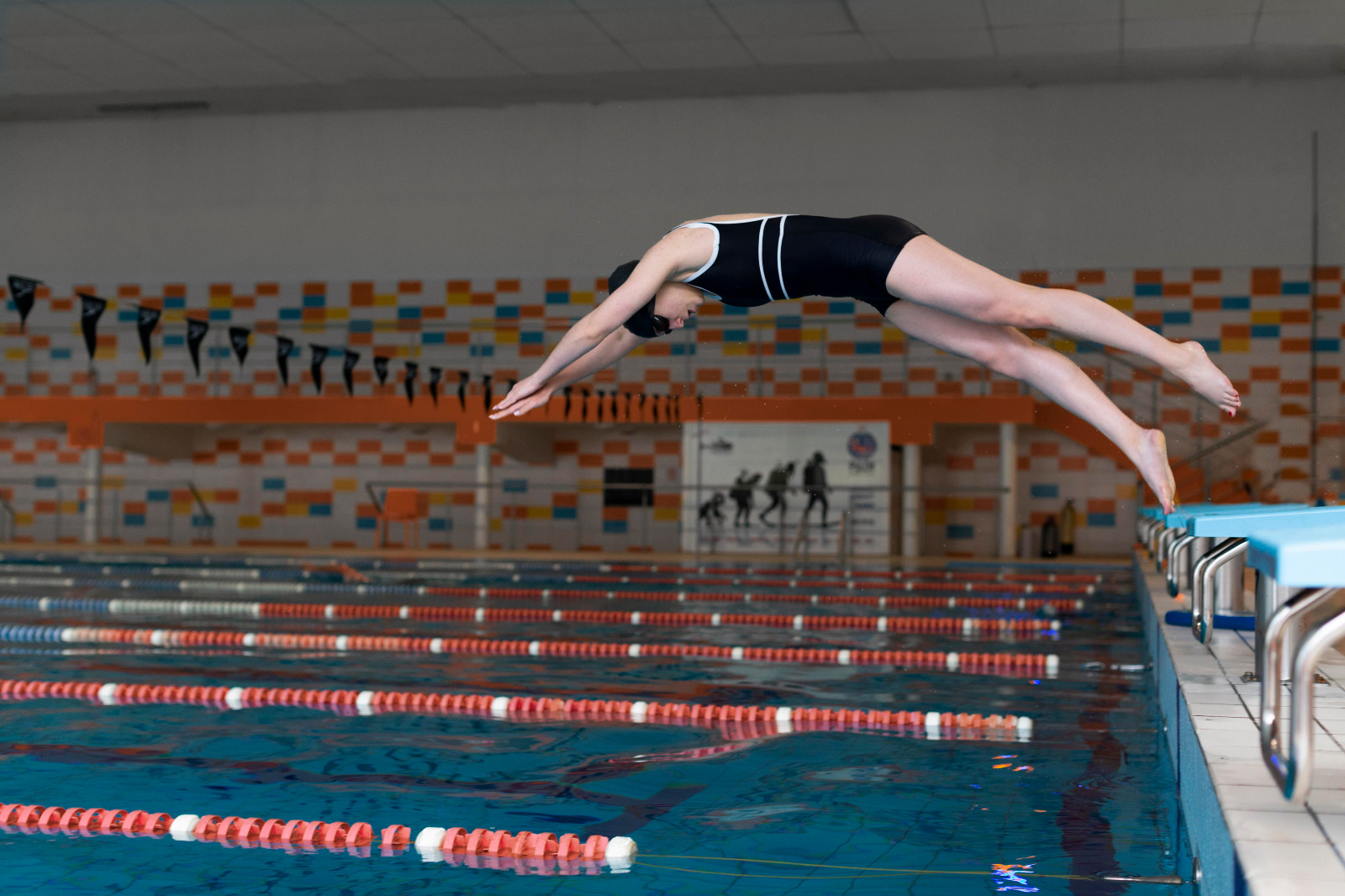Introduction:
Swimming, often dubbed the ultimate full-body workout, is not merely an activity; it's a science. In this article, we dive into the intricate world of swimming, exploring the physics, physiology, and techniques behind this graceful sport. Discover the secrets to efficient strokes, the impact of water resistance on the body, and how understanding the science can propel swimmers to new levels of excellence.
The Physics of Strokes:
Delve into the mechanics of different swimming strokes – freestyle, backstroke, breaststroke, and butterfly. Explore how body positioning, arm movements, and kicks affect propulsion through the water. Understanding the physics behind each stroke is key to mastering technique and speed.
Water Resistance and Its Challenges:
Explain the concept of water resistance and its role in swimming. Discuss how swimmers work against this resistance and how streamlined body positions and precise movements can minimize drag, allowing for smoother and faster swims.
Breath Control and Endurance:
Explore the importance of breath control in swimming. Discuss techniques for efficient breathing patterns and how proper oxygen intake contributes to endurance. Highlight how mastering breath control can significantly impact a swimmer's ability to sustain longer distances.
The Role of Muscles and Strength:
Examine the muscle groups involved in swimming and how strength training outside the pool complements performance. Discuss targeted exercises that enhance core strength, arm power, and leg kicks, leading to more powerful and effective strokes.
Nutrition and Recovery:
Discuss the significance of nutrition and post-training recovery in swimming. Explore the specific dietary needs of swimmers, emphasizing the importance of hydration, protein intake, and proper rest for optimal muscle recovery and performance enhancement.
Conclusion:
Swimming is not just a physical activity; it's a synergy of technique, physics, and biology. By understanding the science behind the strokes, embracing water resistance, mastering breath control, and nurturing their bodies, swimmers can unlock their full potential. Whether for competitive purposes or recreational enjoyment, diving into the science of swimming allows enthusiasts to appreciate the sport at a deeper level and reach new heights of aquatic excellence. So, let the science guide your strokes, and let the water be your canvas for mastering the art of swimming.




Share Post
0 Comments